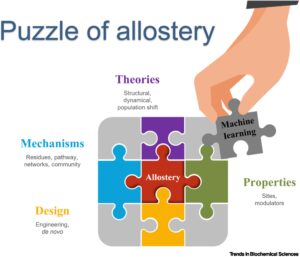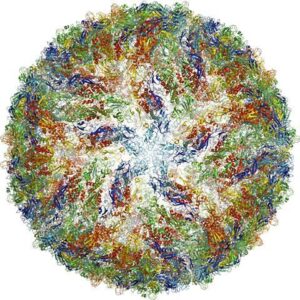
But in specialized fields, AIs can be incredibly useful. Take biochemistry, the field my son works in.
The key is vetting the training data that goes into a Large Language Model (LLM). While The New York Times is focused on getting paid, we need to be much more focused on whether data is true, and useful. That takes a lot of work, by both people and machines. But when it’s done you create enormous value.
 Automating What You Can
Automating What You Can
There is a whole subset of biochemistry that involves trolling existing papers, or existing data sets, looking for insights that might result in new compounds. A good AI can automate this process. It doesn’t replace the scientist. The insights must still be turned into new compounds, synthesized, and tested. But it can narrow the path the scientist is traveling in search of a goal.
That seems to be the aim of Biochem Helper, an add-on to ChatGPT. I’m not endorsing it, just pointing out what’s possible.
Another thing that AI can do well is model compounds. We’re just now starting to visualize proteins with techniques like Cryo Electronic Microscopy (Cryo-EM). This involves freezing a chemical structure with liquid nitrogen, so it becomes visible in three dimensions. But before you go to that trouble, it would help to know what you’re looking for. That’s where things like AlphaFold, created using Google’s DeepMind, come into play. By predicting what protein structures should look like, you can more easily travel the path to seeing which are therapeutic and which are dangerous.
My point is that a lot of scientific fields are going to go into “ludicrous mode” thanks to AI. But that won’t reduce the need for scientists. On the contrary, it will increase the need in multiple directions. You increase productivity and you increase production.


 Automating What You Can
Automating What You Can







